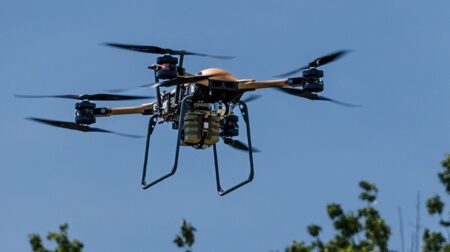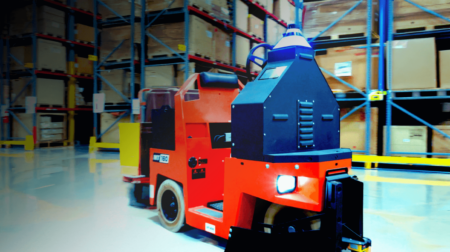The security of autonomous systems such as robots will be explored by a new research network created by Cranfield and Lancaster universities.
The £3.7m Trustworthy Autonomous Systems node in Security (TAS-S) will study the key issues of security principles of autonomous systems as well as the safety of users and environments autonomous solutions operate in.
TAS-S will also examine adaptive security for mission-oriented autonomous systems covering robots operating in hazardous environments for search and rescue, and nano-bots for assistive surgery, as well as driverless vehicles and delivery drones.
As autonomous systems can work with varying levels of human interaction, or completely unsupervised, the project aims to address the challenge of developing secure machine-machine and human-machine interactions.
Professor Neeraj Suri, co-director of Lancaster University’s Security Institute, said: “Security solutions are not just about technology in autonomous systems. For security to be effective, it often needs to address both technical and sociological elements.
“It is exciting that our distinctive security expertise, along with the Cranfield team, well-known for its air-ground autonomous systems research, will collectively provide the critical mass to help significantly advance the science of practically usable security.”
Research will also focus on secure mission adaptation, secure control theory and human behaviour adaptation to increase autonomy.
Furthermore, Cranfield University’s research facility will be used to investigate and develop air and ground autonomous systems in a smart road test environment. The facility is located alongside Cranfield’s fully operational research airport and digital control tower and features a safe, managed environment for drone and unmanned aircraft experimentation.
Cranfield’s professor of human machine intelligence in the Centre for Autonomous and Cyber-Physical Systems, Weisi Guo, said: “We very much see these technologies as the next big enablers for a safer society and they lay the foundation to improve trust between human operators and autonomous machines.
“Our combined team is uniquely positioned to develop a game-changing approach to the security of networked autonomous systems in dynamic mission environments.”
The TAS-S node is part of the UKRI Trustworthy Autonomous Systems (TAS) programme, funded through the UKRI Strategic Priorities Fund and delivered by the Engineering and Physical Sciences Research Council.








